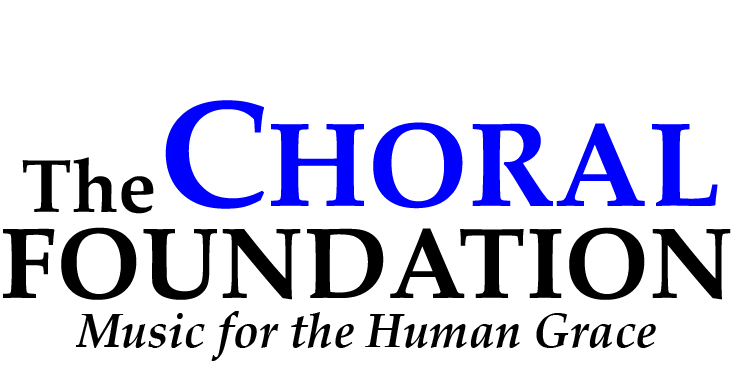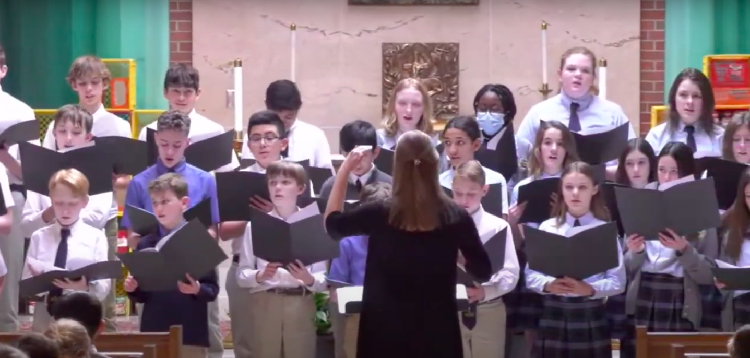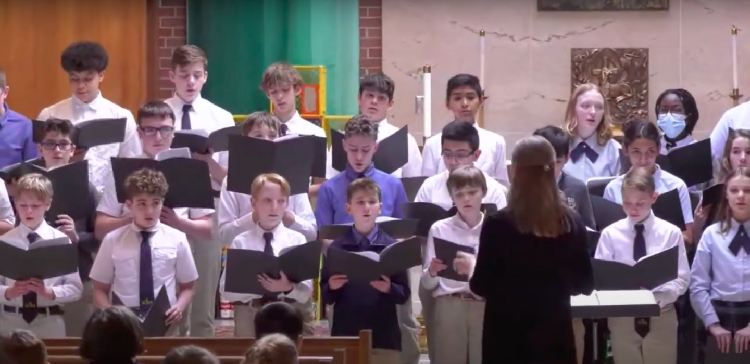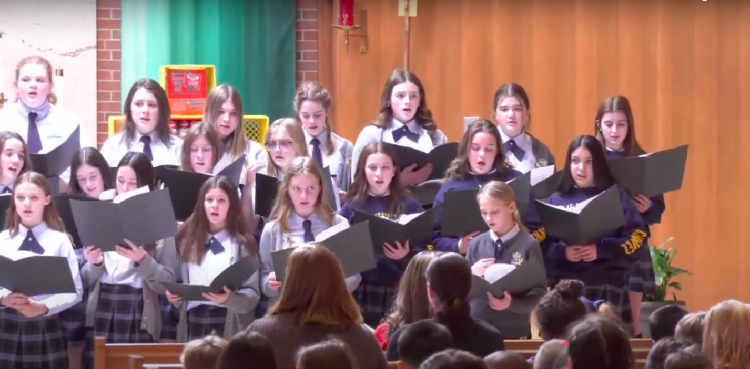After a long journey spanning continents, our team has finally arrived in Kapkemich, Kenya. As we sit on the cottage veranda, sipping tea and feeling the warm breeze drift through the hills, the reality of being here again settles in. For Greg and me, it’s like coming home. For Emily and Dennis, it's the beginning of an eye-opening adventure into the rhythms of rural Kenya.
Photo Credit Greg Wegst
Our 2025 Kenya Music Outreach Team includes: Dr. Jamea J Sale – Team Leader & Vocal Specialist, Emily Fish, MME – Music Education Specialist, Greg Wegst – Photographer, Logistics & Outreach Coordinator, and Dennis Schmidt – Instrumental Music Specialist.
Today marked our first meetings with Principal Sarah at the Girls' High School and Mr. Maiyo at the Primary Secondary School. These introductions are always a mix of excitement and purpose—laying the foundation for what will be three weeks of music education, shared learning, and cultural exchange.
Dennis, arriving from Germany, had his first real impression of daily life here. “It’s so simple,” he observed. He was struck by the stark contrast between his own children’s expectations of education and those of the Kenyan students. “My children in Germany expect certain conditions in their schools because they know nothing else. Likewise, these children only know what they have… but I can see that changing as they develop awareness.” It’s a thought that lingers—how exposure to new ideas and opportunities can shape young minds in ways that ripple through generations.
One of the day's most rewarding moments was Dennis’s connection with Oscar, a teacher at the primary school who is eager to learn the trombone. Their shared enthusiasm for music transcended language and background, proving once again how universal the language of music truly is.
Meanwhile, Emily was captivated by the students' discipline. She noticed how attentively they listened and followed instructions, their curiosity piqued by the presence of the Muzungu (white people). Their wide eyes and eager faces reminded us why we are here—to share, to teach, and to empower through music.
Our suitcases arrived filled with instruments, method books, and supplies, but it is these first interactions, these moments of connection, that hold the most weight. As we unpack our materials, we are also unpacking perspectives, exchanging ideas, and setting the stage for a meaningful journey ahead.
Stay with us as we navigate the days ahead, meeting new faces, making music, and building bridges—one note at a time.
Support Our Outreach: Your donations help us bring music education to students in rural Kenya. Learn more and give at https://donorbox.org/kenyamused.


























